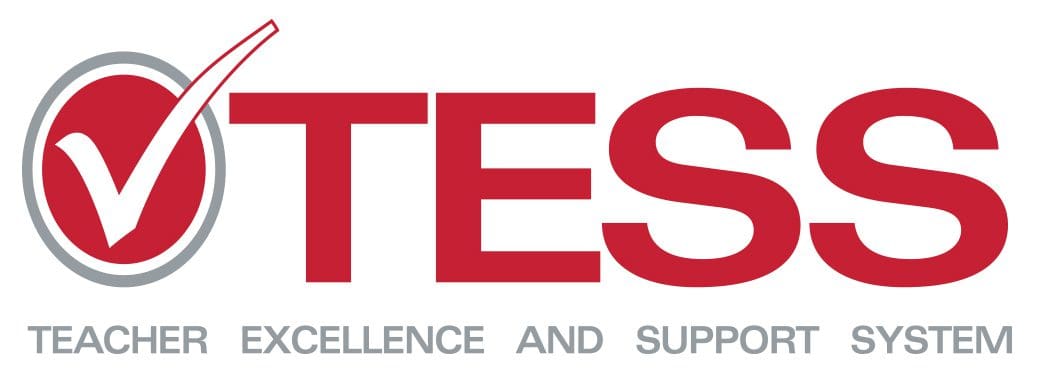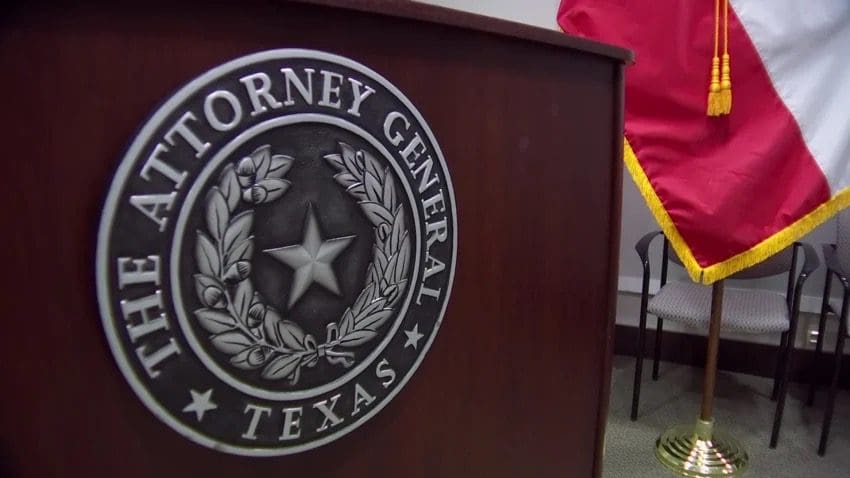An association affiliated with the AFL-CIO is suing the Texas Education Commissioner in an effort to stop a new teacher evaluation program from being implemented.
Following a year-long pilot program spanning 70 districts, newly appointed Texas Education Commissioner Mike Morath has announced a July 1st start date for the new Texas Teacher Evaluation and Support System (T-TESS), which will replace the Professional Development Appraisal System (PDAS) that has been in place for more than 20 years.
T-TESS is a teacher evaluation system that will place more emphasis on the link between teacher performance and individual student achievement. Proponents believe that, in order to retain top-tier talent in the teaching profession, individual success should be rewarded.
Last Wednesday, Texas State Teachers Association (TSTA) filed a lawsuit against Morath in an effort to invalidate an element of the T-TESS. The biggest complaint by TSTA is said to be the use of “value added measures.” In their press release concerning the lawsuit, TSTA claims a VAM model is too complicated, lacks transparency, and places too much emphasis on test scores.
In the press release, TSTA President Noel Candelaria wrote:
“Teachers are not robots, and their performance should be evaluated by an easily understood, transparent system that helps them perfect their job performance. Let’s be clear. Educators’ compensation and jobs are potentially on the line here, and their work must be evaluated fairly – and legally.”
However, the Texas Education Agency describes VAM as a tool that measures each individual student’s progress:
“[VAM] is designed to quantify growth at the individual student and/or teacher level. VAM uses standardized state assessments to determine whether or not a student progresses as much as expected based on the student’s unique profile based on his or her prior state assessment results. VAM results can be broken down into entering achievement levels (high, medium, and low), gender, socioeconomic status, and other student subcategories.”
A student’s academic performance is based on a wide variety of factors, allowing the state and local districts to avoid a one-size-fits-all approach. The new evaluation approach takes into account the uniqueness of the individual learner, giving parents, teachers, and administrators a better understanding of what’s going on in the classroom, as opposed to the broader, less individualized approach taken by PDAS.
As stated by former Education Commissioner Michael Williams, in reference to the T-TESS pilot program, “Texas educators understand the need to update the current evaluation system to one that better reflects what’s occurring in today’s classroom.”
So while TSTA harps on the idea that T-TESS will allegedly place too much emphasis on standardized testing, the way in which student growth will be measured is more flexible for Texas’ complex student population, and certainly more than a single benchmark STAAR test score.
Even then, districts are given the option to choose one of four methods in measuring growth: 1) student learning objectives (SLOs); 2) portfolios; 3) district-level pre- and post-tests; and 4) value-add measures (VAM) for teachers in state tested subjects. This allows local districts the freedom to tailor their own evaluation methods to their needs, as opposed to a one-size-fits-all approach.
By having the ability to draw an even clearer picture of an individual student’s academic growth, and tie it to teacher performance, T-TESS aims to implement a concept successfully utilized in the private-sector for years – merit-based pay. TSTA’s statements raise the question as to whether or not the motivation with their complaint is related to a legal objection, or opposition to a merit-based pay approach altogether.




